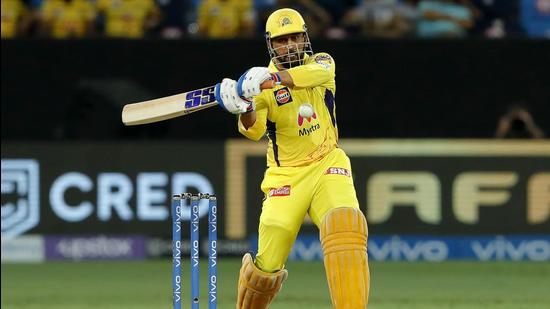Pulp-it | No one has figured out how to win T20s yet
The T20 format is yet to see a team with the right mix of skills, strategy, and captaincy. When one emerges (and it will take some doing), the form book will start to matter again in the format
Twenty20 may well become the dominant format of cricket over the next decade. The commercial appeal of a three-hour, result-guaranteed, made-for-television, and stadium-friendly form of cricket is very significant. Yet, right now, T20 tournaments are pretty much crapshoots.

Leagues are another matter. Take the most successful T20 league, the Indian Premier League (IPL). In the league stage, every team plays every other team twice. Irrespective of their opponents, teams can figure out what works, and what doesn’t when they are going to be playing 14 matches (as they do currently, with eight teams in the fray), or 18 matches (as they will do from next year, with 10 teams in the league) before they get to the playoffs. For instance, one of the most successful franchises, Chennai Super Kings, which has won four IPL titles, has a win rate of almost 60%; another, Mumbai Indians, which has won five (CSK was suspended from two editions, so any comparison will have to factor that), has a win rate of 58%.
T20 tournaments, such as the ongoing World Cup, are a different ballgame. I say this, not to offer an apology for India’s performance in its opening match against Pakistan (it was horrible), but to point out that it is very difficult to predict the outcome of a match based on the form book. That’s reflected in unbeaten streaks — a clear and objective measure of a team’s dominance of a game or format.
In Tests, the record is 27, which is held by the West Indies, but the next four numbers on the list are equally impressive: England (26), Australia (25), Australia again (22), and India (19).
In one-day internationals, the record is 21, held by Australia. The list drops off after that (the next longest running streak is only 12), which is understandable, given the format. For the record, India has never had a winning streak in the double-digits in ODIs.
In T20s, ignoring Afghanistan’s 12- and 11-match streaks (against associates, mostly), and Romania’s 11 (which should not even be on the list), the record is held by Pakistan (9). Again, this is understandable given the format.
India’s longest winning streak in T20s is 7.
But unpredictability is just one factor in the shortest format of the game. Another is the ability of a team to figure out what it takes to win — much like the Australian team, under Ricky Ponting, did in ODIs (the 21-match winning streak is theirs). Part of this was, of course, down to skill (think players such as Mathew Hayden, Adam Gilchrist, Michael Bevan, Ponting, Brett Lee, Shane Warne, Andrew Symonds, Shane Watson) but at least some of it was also due to strategy and captaincy.
The T20 format is yet to see a team with the right mix of skills, strategy, and captaincy. When one emerges (and it will take some doing), the form book will start to matter again in the format.
A lot has been written about the Steven Fleming-MS Dhoni partnership that has made CSK the most successful IPL team, and, with the caveat that a league is different from a shorter tournament, there are perhaps some lessons there for teams. This year, for instance, CSK was the oldest team in the league (average age of 30.8 years; no other team was in the 30s), didn’t really have the best players on paper, yet managed to win consistently enough to make the playoffs easily, and then win the two matches that mattered without breaking into a sweat.
Enough has been written about how and why CSK wins, so I won’t go into it here, but till a national team, with highly skilled players (and the right captain) manages to apply some of those learnings in shorter bilateral and multilateral tournaments, the results of T20 matches will continue to be unpredictable.
R Sukumar is the editor-in-chief of Hindustan Times
Pulp-it is a weekly column for HT Premium subscribers
The views expressed are personal
All Access.
One Subscription.
Get 360° coverage—from daily headlines
to 100 year archives.



HT App & Website







